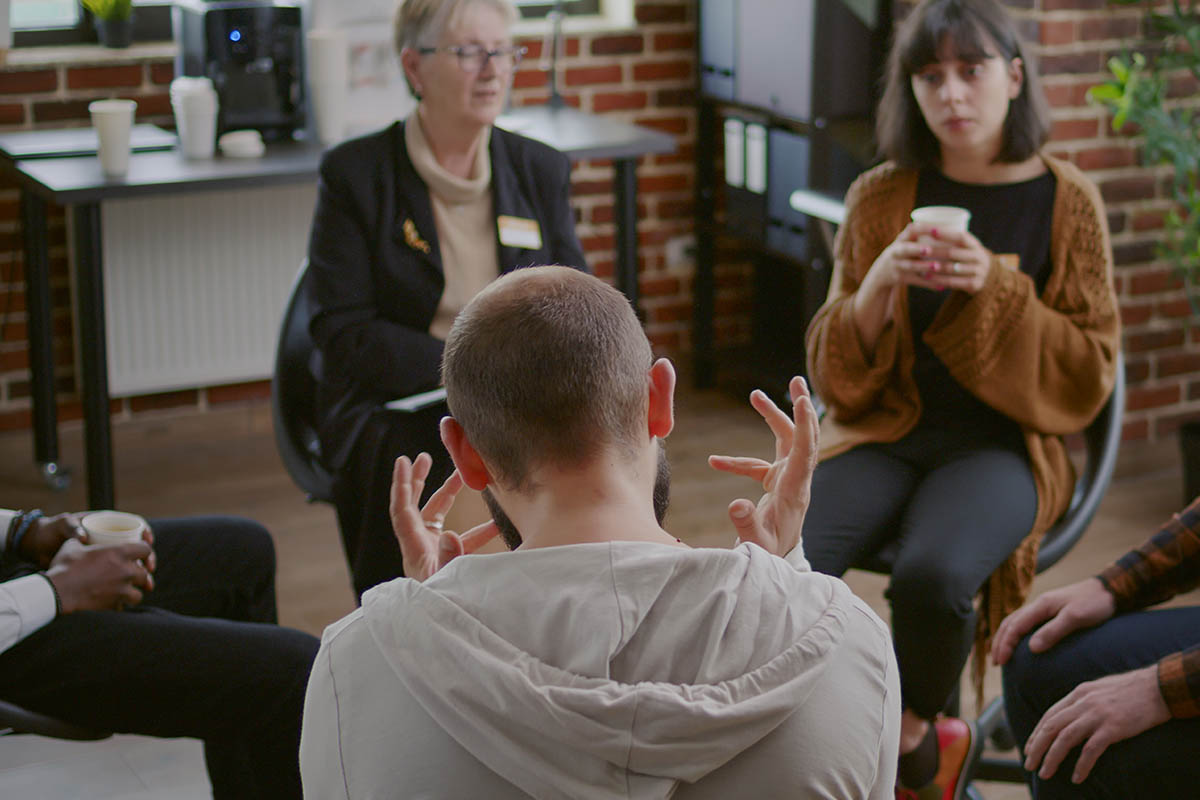Intensive outpatient programs (IOPs) are a type of substance use disorder (SUD) treatment. They are flexible and allow people to attend while living at home. At the same time, an IOP involves a high level of care and support. Most people attending an IOP receive about 10 hours of treatment per week spread across multiple days.
Group therapy, life skill classes, support groups, and other SUD treatment services form the core of IOPs. Being an outpatient form of treatment means clients return home each night. Still, an IOP is structured to encourage growth and recovery by offering a set schedule each week. Reach out to Gulf Breeze Recovery at 833.551.2304 to learn more about intensive outpatient treatment and how it can benefit you or a loved one.
What Is an Intensive Outpatient Program?
IOPs treat SUDs and other mental health issues while offering clients freedom and independence. Most people attending an IOP continue working, going to school, or upholding family responsibilities. Most IOPs have people spending about 10 daytime hours per week in treatment. Depending on scheduling, clients may have treatment extended through mealtimes, in which case they may eat at the treatment facility. IOPs remain distinct from inpatient treatment because clients do not stay overnight.
A few elements that comprise the client experience during IOP treatment include:
- Individual and group therapy
- Life skills classes
- Support groups
- Trauma education
- Workforce training
- Relapse prevention
- Aftercare planning
This type of treatment is often best for people who need a step down from inpatient care or require a high level of care but need to retain the flexibility inherent to outpatient treatment. Most IOPs last anywhere from eight to 12 weeks. The 10 hours of weekly treatment are spread across three to five days.
How an Intensive Outpatient Program Supports Recovery
An IOP supports recovery by connecting clients to peer support, delivering therapy, and building the skills and habits people need to maintain sobriety successfully after treatment. SUDs affect numerous aspects of life, such as family relationships, career opportunities, and mental health. IOPs help people repair the damage that SUDs have done in their lives.
As already indicated, group therapy is a critical element of an IOP. Even though an IOP offers a high level of care, it is still less than what someone would receive at an inpatient treatment program. As a result, IOPs often maximize the time they have with clients through group therapy sessions.
Group therapy comes with a variety of benefits. Many people are opposed to group therapy at first. However, it’s not only just as effective as individual therapy but also offers distinct advantages that individual therapy does not. For instance, group therapy helps people build a support system, develop a sense of belonging in a community, and practice strong interpersonal skills that will benefit them long after treatment ends.
When Is an Intensive Outpatient Program Not Recommended?
An IOP is a great way to pursue recovery. However, one thing that this type of treatment is not well-suited for, in many cases, is detox.
Often, the detox process should be completed during inpatient treatment, where clients receive constant care and attention. Inpatient detox is particularly beneficial for cases involving potent addictive substances and dangerous withdrawal symptoms. Outpatient treatment is a significant next step for people who have newly completed detox or a round of inpatient treatment.
Discover the Intensive Outpatient Program at Gulf Breeze Recovery
Gulf Breeze Recovery operates a high-quality IOP ready to support you or your loved one in ongoing healing from a SUD. Call 833.551.2304 to learn how the SUD treatment experts at Gulf Breeze Recovery can help you accelerate your recovery.







